With the ongoing pressure on US President Joe Biden to lift steel tariffs and news that Sweden’s SSAB has produced the ‘world’s first fossil-free’ steel, Jenny Eagle looks at the latest projects in the metal distribution sector.
US President Biden is under pressure from steel manufacturers and their European allies over proposals to lift steel tariffs that Trump imposed, ahead of the 2022 elections. Commerce Secretary Gina Raimondo and US Trade Representative Katherine Tai are trying to put together a trans-Atlantic plan to address the decades-long challenge of China undercutting domestic industries by pumping its excess steel into the global market at cheap prices with a deadline to reach a deal by the end of the year.
- ArcelorMittal’s West Virginia steel plant.
- BVS & Steel Solutions, The Netherlands
- BVS supplies a Tunnel RTG crane for an underground water project in the Middle East. (2)
- BVS supplies a Tunnel RTG crane for an underground water project in the Middle East.
- Kuli double girder bridge crane in Germany.
- Kuli double girder bridge crane in Germany.
However, some steelworkers are concerned that rushing into an agreement with Europe could come at the expense of domestic steel producers and their union workers, whose support for Biden in key swing states helped propel him to the White House, according to a report by Politico. Currently there is a 25% tariff on steel and a 10% tariff on aluminum against European imports.
“The Biden administration understands that simply lifting steel tariffs without any solution in place, particularly beyond the dialogue, could well mean layoffs and plant closures in Pennsylvania and in Ohio and other states where obviously the impact would be felt not only economically but politically,” said Scott Paul, president, Alliance for American Manufacturing.
Biden told the United Steelworkers in a campaign questionnaire he would support steel and aluminum tariffs until global excess capacity is addressed, where he pledged to review Trump’s “short-sighted and destructive” approach to tariffs. He slammed his then-opponent for failing to address China’s trade practices and alienating foreign allies.
“I will use tariffs when they are needed, but the difference between me and Trump is that I will have a strategy — a plan — to use those tariffs to win, not just to fake toughness,” Biden told the union.
According to S&P Global Platts, a group of over 30 US trade associations sent a letter to President Biden in June, requesting an end to the Section 232 steel and aluminum tariffs and quotas on trade allies. “The tariffs, intended to help the steel and aluminum producing industries, imposed substantial costs on a much broader segment of the US economy,” it wrote. “The restriction on the supply of goods and raw materials resulting from the tariffs has sent a ripple throughout downstream industries, disrupting supply chains and threatening the economic security of American workers.”
The coalition of trade groups said it represented multiple sectors, hundreds of thousands of businesses and millions of workers across the US. “Our members rely on the movement of their goods and inputs without constant government intervention that causes delivery delays and arbitrary price spikes,” the letter said. “We encourage you to work with our national security and trade allies during your meetings in Europe in the coming weeks to lift the Section 232 steel and aluminum tariffs.”
The trade associations said they were encouraged by the White House’s recent announcement that the US and Europe would work together to address global steel and aluminum overcapacity and seek better trade solutions. A removal of the tariffs would help to repair trade relationships with ally nations and lead to the removal of retaliatory tariffs, the letter added.
The association letter was organized by the Coalition of American Metal Manufacturers and Users, or CAMMU, the National Foreign Trade Council and other groups representing steel and aluminum using US companies. “Since their inception, the 232 steel tariffs have caused a steadily increasing array of supply disruptions and price fluctuations for some of the most critical inputs used by US manufacturers, effectively handing a competitive advantage to overseas producers of steel based products able to source their inputs at standard global market prices,” CAMMU said in a separate statement.
Talking about fluctuating steel prices Daniel Arwood, COO, Ace Industries says: “Skyrocketing steel prices come at a time where crane builders already face bad news twice – prices across the board are rising steadily and lead times are getting longer. This creates a pricing hole that is especially difficult for projects that involve heavy duty, double girder cranes as steel makes up the majority of the equipment price. At Ace, we’re meeting this challenge by providing transparent, fixed pricing upfront that can be buffered by our extensive inventory and by strategically using suppliers that have weathered these same challenges for decades before. This isn’t the first time Ace has seen dramatic fluctuations in steel prices. We make every effort to shield our clients from disruptions in price and lead times so they don’t feel the bump and can maintain business as usual. That’s important for our customer first business model.”
Cargotec & SSAB Partner On Fossil-Free Steel Projects
Cargotec and SSAB have announced they have agreed to work on the introduction of fossil-free steel to the cargo handling industry. The partnership means the companies will start coordinated development toward the use of SSAB’s fossil-free steel in Cargotec’s cargo handling equipment.
This is a strategic partnership for the benefit of both parties and end customers. It represents a significant milestone in moving toward a sustainable development and a fossil-free product offering.
“I am proud that we are paving the way in the cargo handling industry through commitment to using fossil-free steel and have this unique opportunity to work with a forerunner in fossil-free steel development.
This is an important step towards our vision of becoming a leader in sustainable cargo flow,” said Mika Vehviläinen, CEO. Cargotec.
“We are happy to welcome Cargotec as a partner for fossil-free steel products. Close collaboration with the development of a fossil-free value chain means we contribute to strengthening our customers’ competitiveness and to reducing their carbon footprint. Together, we also ensure the best solutions for end users,” added Martin Lindqvist, president/CEO, SSAB.
Steel and steel components are the main contributors for CO2 footprint at Cargotec’s scope 3 (value chain) upstream emissions. The total CO2 footprint comprises upstream emissions, which account for over a third of Cargotec’s total emissions, emissions from own operations (scope 1 and 2), and emissions from the use-phase of the products (scope 3 downstream).
Fossil-free steel has significantly lower environmental impact and hence, contributes towards a carbon neutral value chain. It is estimated steel demand will increase in the future and meeting this demand requires development and usage of fossil-free steel alternatives.
As well as steel production, aluminum manufacturing is another sector where renewables have a role to play. Earlier this year German auto mamnufactuer BMW said it had started to source and use aluminum that has been produced using solar energy, describing it as “an important milestone” in its goal to cut carbon dioxide emissions from its supply network.
A “triple-digit million-euro contract” will see Emirates Global Aluminium (EGA), an industrial firm based in the United Arab Emirates, provide BMW with 43,000 metric tons of aluminum this year. The solar power used in the metal’s production process will come from the Mohammed Bin Rashid Al Maktoum Solar Park, a vast development near Dubai. The aluminum will then be processed and turned into car parts at the light metal foundry of BMW’s plant in Landshut, Germany.
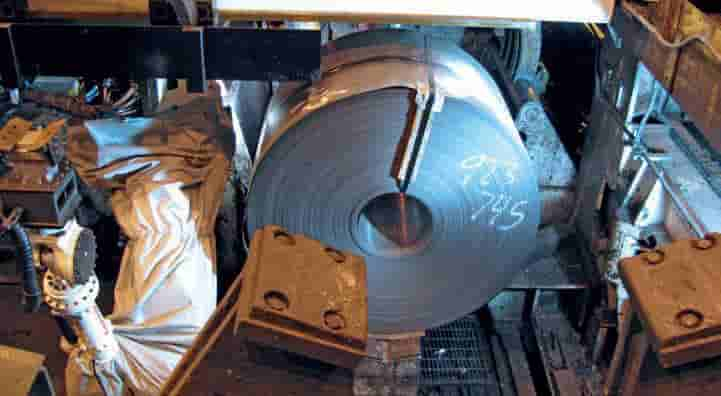
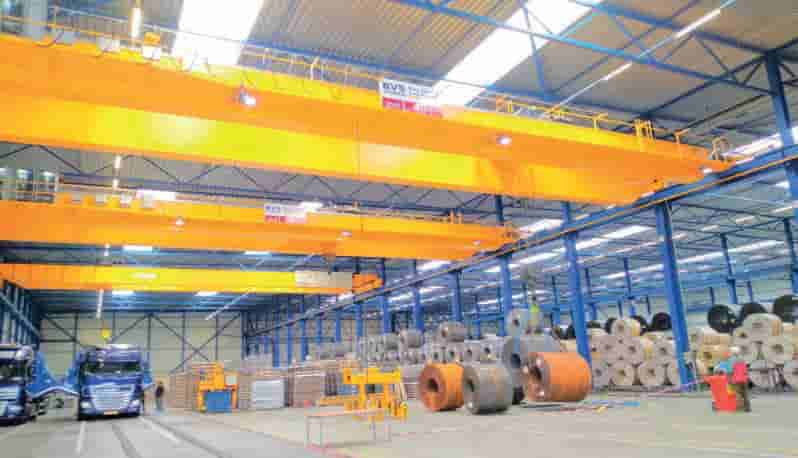
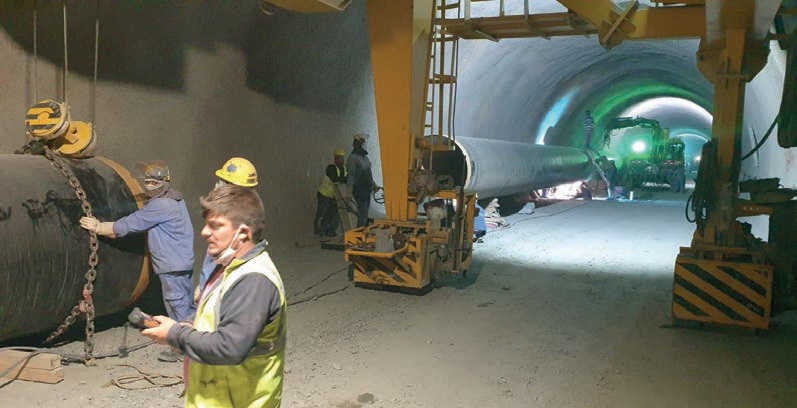
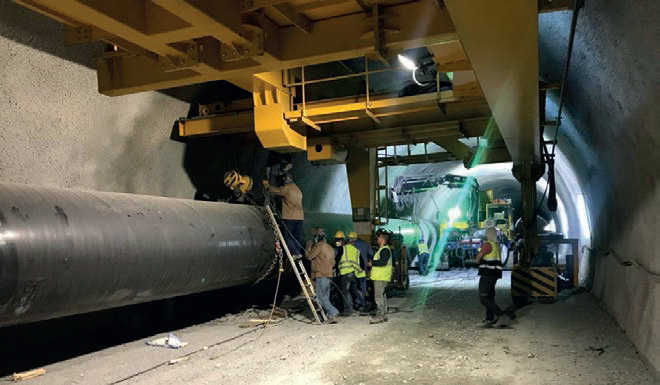
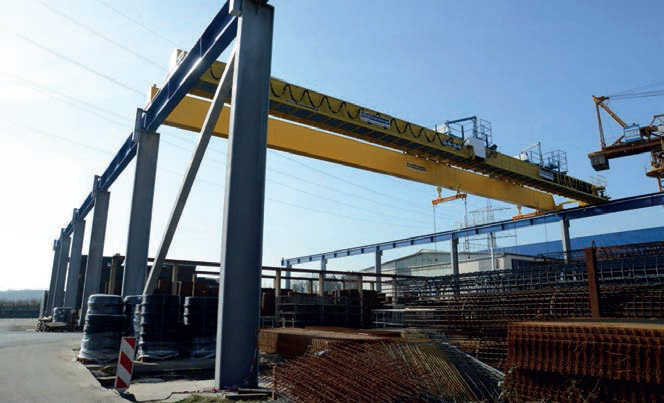
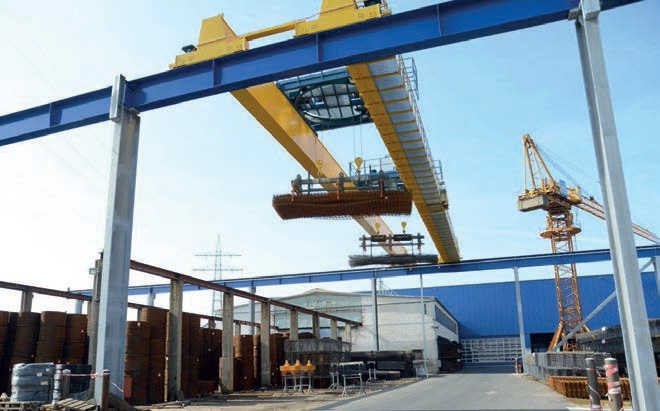
没有评论:
发表评论